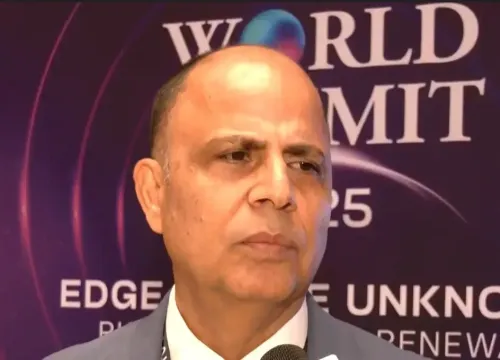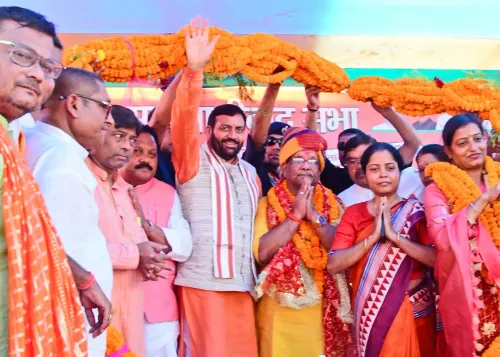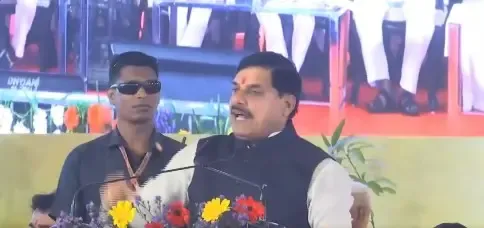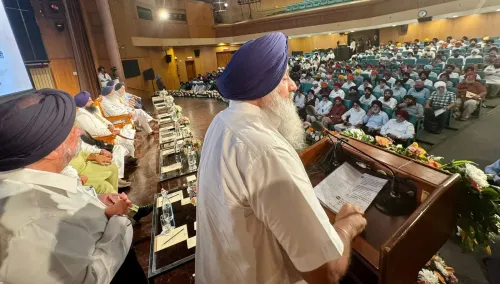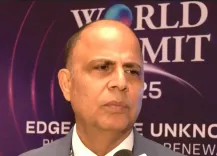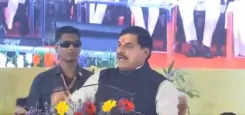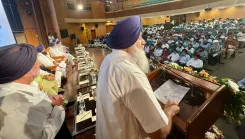Why is TTV Dhinakaran Opposing the Move to Convert Aided Colleges into Private Universities?
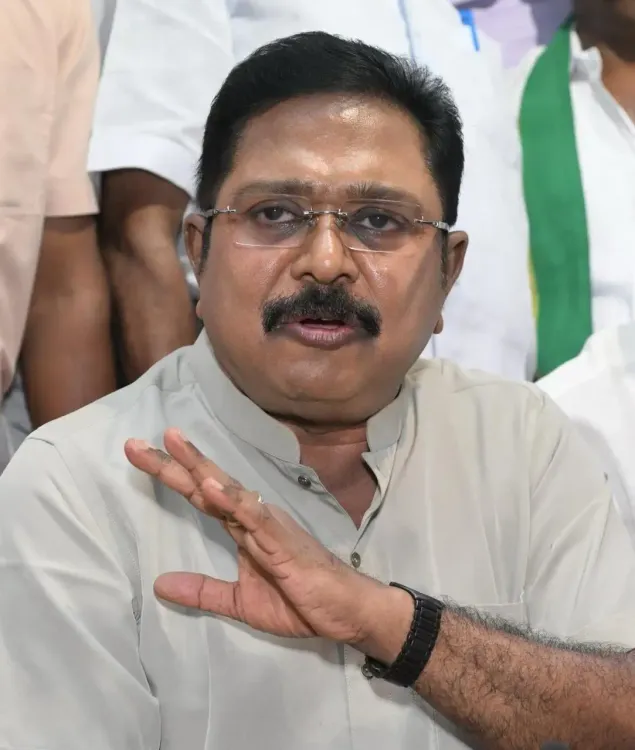
Synopsis
Key Takeaways
- T.T.V. Dhinakaran opposes the amendment to the Private Universities Act, 2019.
- The amendment may lead to the privatization of government-aided colleges.
- Increased tuition fees could make higher education unaffordable.
- Job security for faculty and staff may be compromised.
- Maintaining government oversight in education is crucial for social justice.
Chennai, Oct 18 (NationPress) General Secretary T.T.V. Dhinakaran of the Amma Makkal Munnetra Kazhagam (AMMK) voiced his strong objection on Saturday against the Tamil Nadu government's proposal to amend the Private Universities Act, 2019. This amendment permits the transformation of government-aided and self-financing colleges into private universities.
Dhinakaran stated that the amendment, which is presented as a measure to enhance higher education and benefit students, is actually a pathway toward the complete privatisation of government-supported colleges that have served the public for many years.
He expressed concerns that these changes will undermine government control over academic, administrative, and financial facets of education.
According to Dhinakaran, the implementation of the amendment will dismantle the concept of aided education, which provides government subsidies, free education, and reservation benefits for students from disadvantaged and low-income backgrounds.
“Students attending government-aided colleges, who currently receive tuition support, free education, and socially just reservations, will forfeit these advantages,” he said.
The AMMK leader warned that this shift will lead to a dramatic rise in tuition fees, rendering higher education unaffordable for many in society. He also highlighted the negative repercussions for faculty and staff in aided institutions.
“If this amendment goes through, it will threaten job security, cause delays in salary payments, and eliminate reservation policies in teacher recruitment,” he cautioned.
Furthermore, he mentioned that numerous aided colleges were established by social reformers and philanthropists with the altruistic goal of providing accessible education to the underprivileged.
“Transforming these institutions into commercial enterprises masquerading as private universities will obliterate their original mission and intent,” Dhinakaran emphasized.
He urged the Tamil Nadu government and the Higher Education Department to retract the amendment immediately and to uphold the current framework that guarantees government involvement, regulation, and accountability within the state's higher education sector.
“The government must defend the social justice-oriented foundation of Tamil Nadu's higher education system rather than allowing commercial interests to drive such changes,” Dhinakaran appealed, advocating for a reconsideration of the legislation in the best interest of students and educators.

